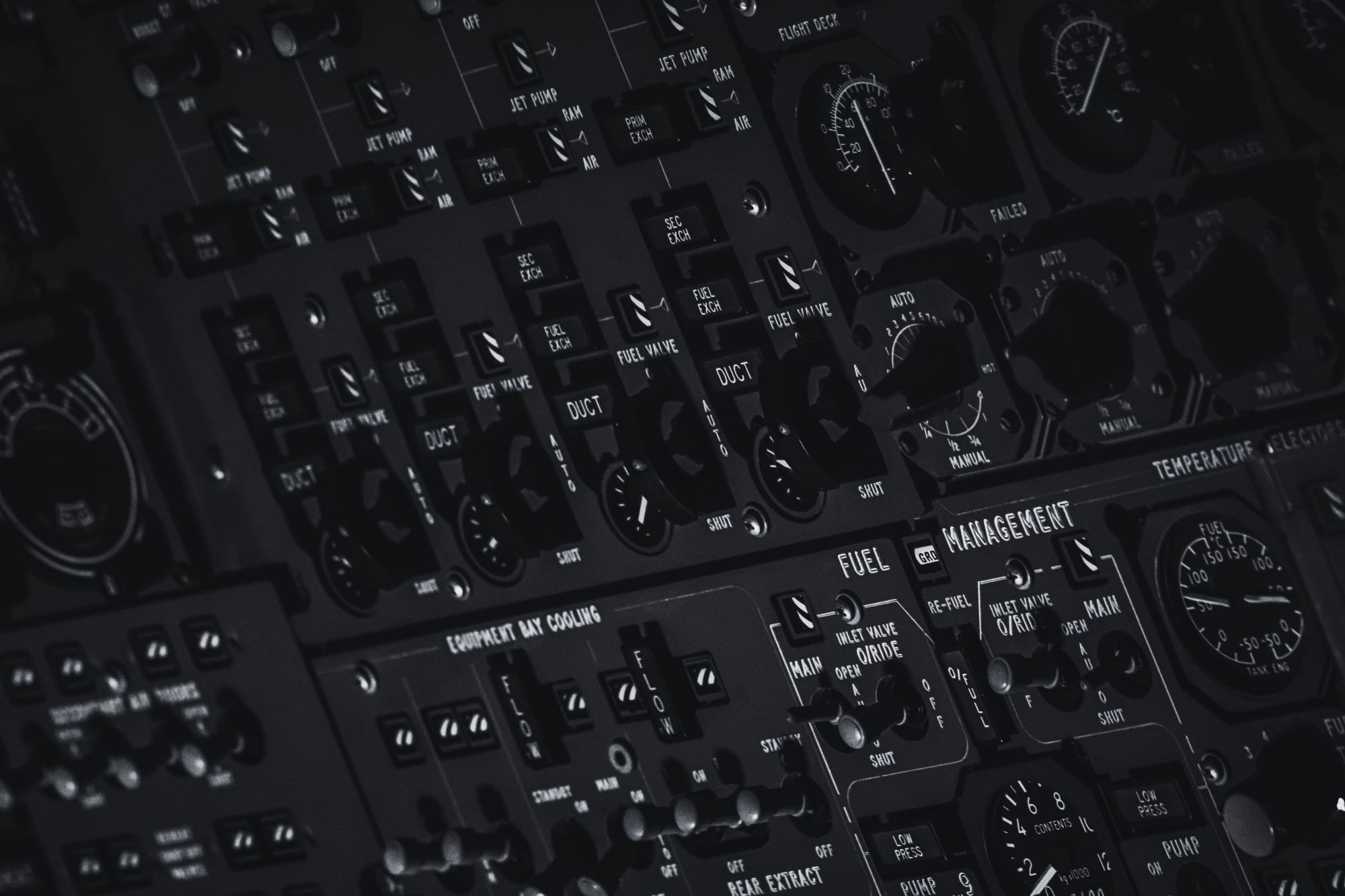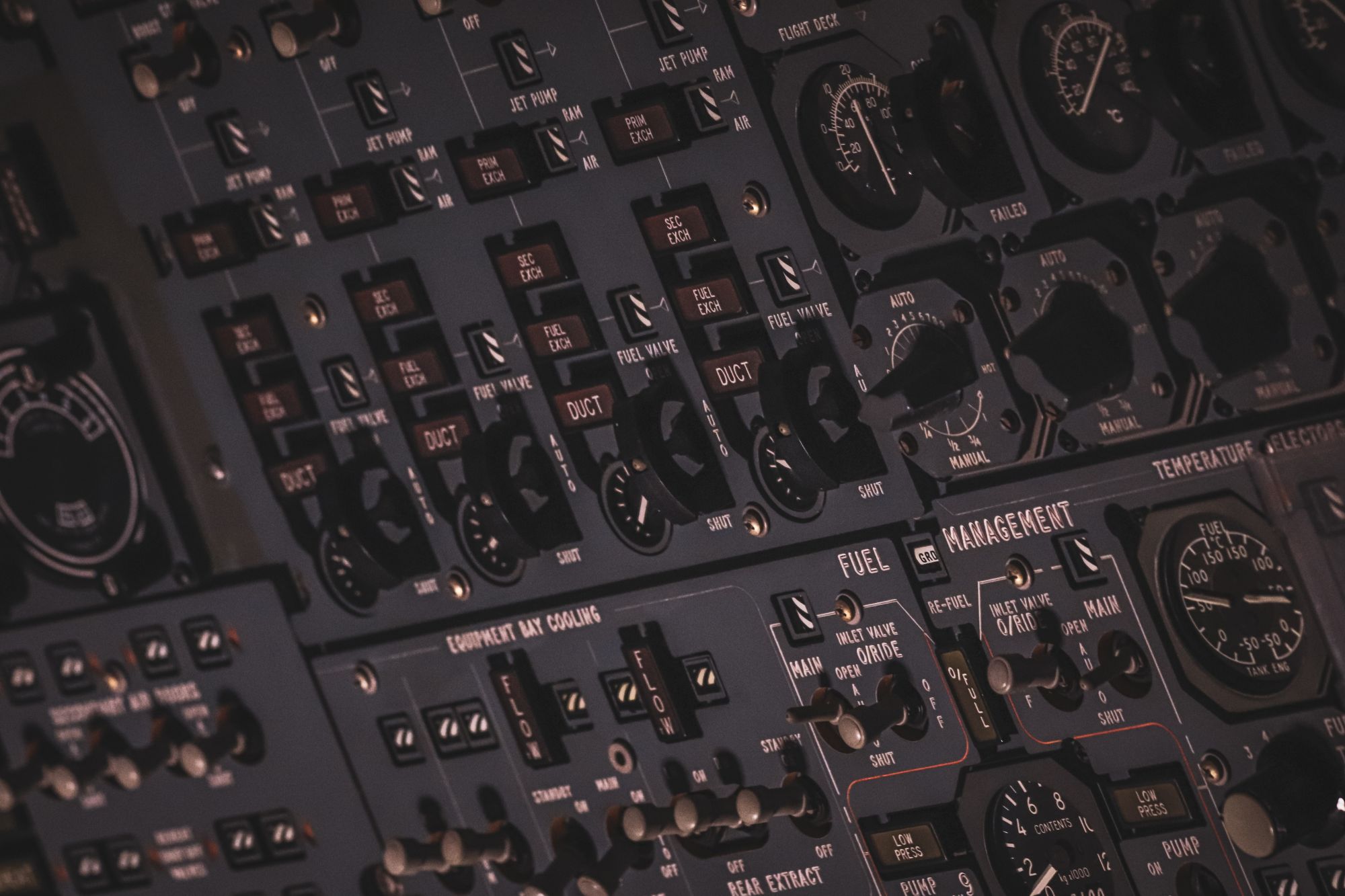A tug-of-war between solid corporate profits and gathering macroeconomic headwinds
U.S. stocks rebounded this week, powered by stellar earnings from mega-cap technology companies. The tech-heavy Nasdaq Composite surged 2% on Friday and registered its best weekly performance since November, while the S&P 500 gained 1% and the Dow Jones Industrial Average rose 0.4%. The rally came despite fresh signs that inflation remains stubbornly high, potentially delaying the Federal Reserve's plans to cut interest rates.
The Magnificent Seven tech giants - Apple, Microsoft, Amazon, Alphabet, Nvidia, Meta Platforms and Tesla - collectively added $654 billion in market value this week, with Alphabet and Microsoft leading the charge. Alphabet soared 10% on Friday after beating earnings estimates and announcing its first-ever cash dividend. Microsoft climbed 1.8% as strong demand for its AI-powered cloud services drove profits above expectations. The impressive results overshadowed disappointing figures from Intel (-9.2%) and Meta's plans to ramp up spending on AI.
However, the tech sector's strength belied broader concerns about the U.S. economy. Data released Thursday showed Q1 GDP growth slowed more than expected to 1.6%, while core PCE inflation accelerated to a 3.7% annual rate, above forecasts. This combination of weakening growth and stickier prices raised the specter of stagflation, pushing the benchmark 10-year Treasury yield to 4.668%, near its highest level this year.
The energy sector lagged as oil majors Exxon Mobil (-2.8%) and Chevron (+0.4%) signaled an end to their streak of record profits. Fears of supply disruptions from the Iran-Israel conflict eased, with WTI crude settling just 0.3% higher at $83.85/barrel.
Globally, emerging markets outperformed with a 2.1% weekly gain, boosted by China's post-Covid recovery. European stocks also rallied after upbeat PMI data, with the UK's FTSE 100 hitting a record high. The Japanese yen continued to slide, breaching ¥155 per dollar amid a widening yield differential and speculation the Bank of Japan may tweak its ultra-loose policies.
In Australia, the ASX 300 eked out a 0.1% weekly gain as strong showings from the healthcare (+2.6%) and IT (+2.3%) sectors offset weakness in energy (-3.0%) and industrials (-1.5%). The Aussie dollar jumped 1.8% to US 65 cents on the back of higher iron ore prices and a softer USD. Resources giant BHP dropped 3.9% after announcing a massive $56B takeover bid for British copper miner Anglo American, which has since been rebuffed. On the positive side, sleep apnea device maker ResMed rallied 9% on strong earnings and expanding margins, with brokers pointing to its "insuperable" competitive position.
Bond markets had a rough week as yields climbed across the curve. Australian 10-year yields rose 13bps to 4.52%, while U.S. 10-year yields added 5bps to 4.67%. High yield credit (+0.4%) outperformed both investment grade (-0.2%) and government bonds (-0.4%).
In commodities, gold tumbled 2.3% to $1,989/oz as risk appetite recovered and real yields rose. Oil prices were choppy but ended the week slightly higher. Industrial metals gained on optimism around China's reopening.
Looking ahead, investors will focus on the Fed meeting and Chairman Powell's comments for clues on the rate outlook. While the market has pared back rate cut expectations, any indication that cuts remain on the table later this year could provide a further boost to sentiment. More importantly, next week's deluge of earnings reports, including Apple and Amazon, will test whether the exuberance around AI and big tech is justified. With valuations stretched and the macro picture muddied by cross-currents, volatility is likely to remain elevated in the near-term.














